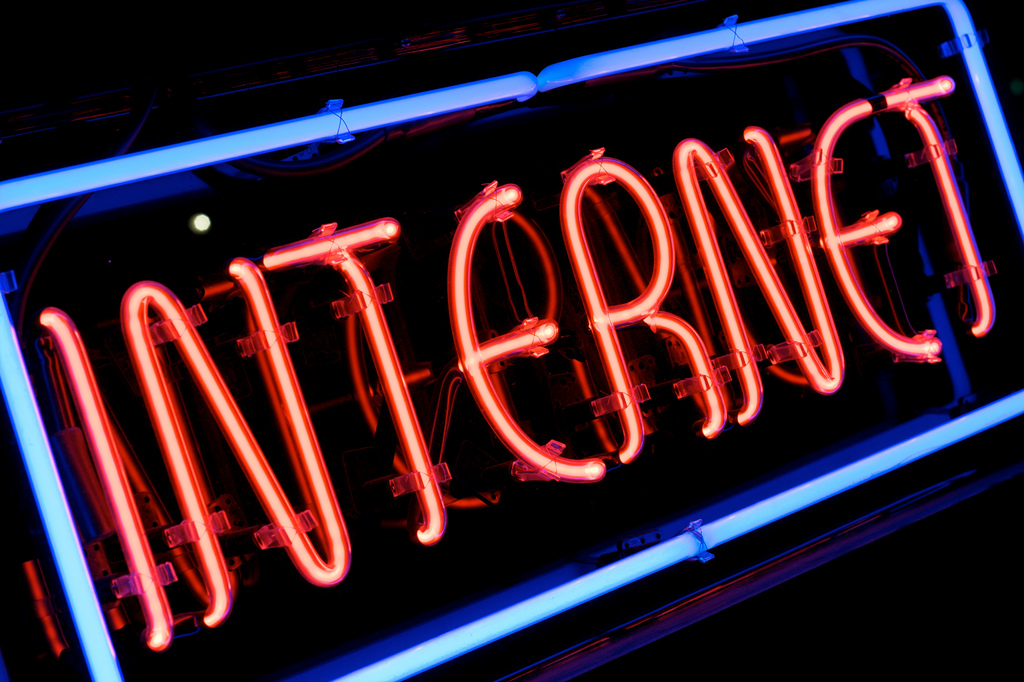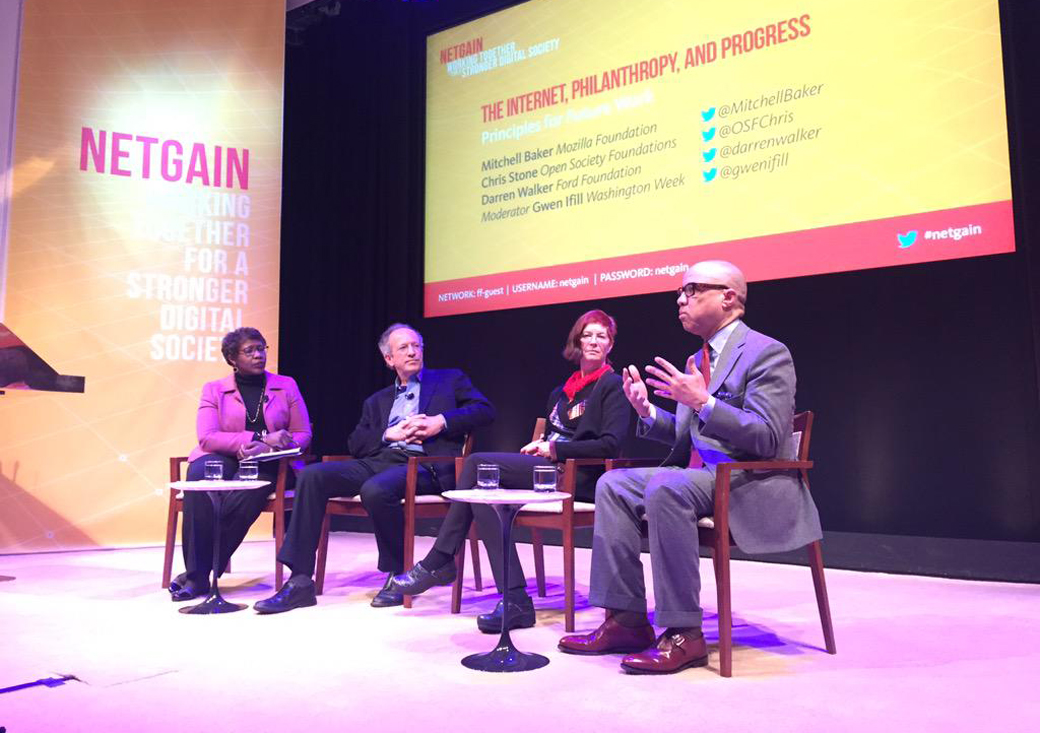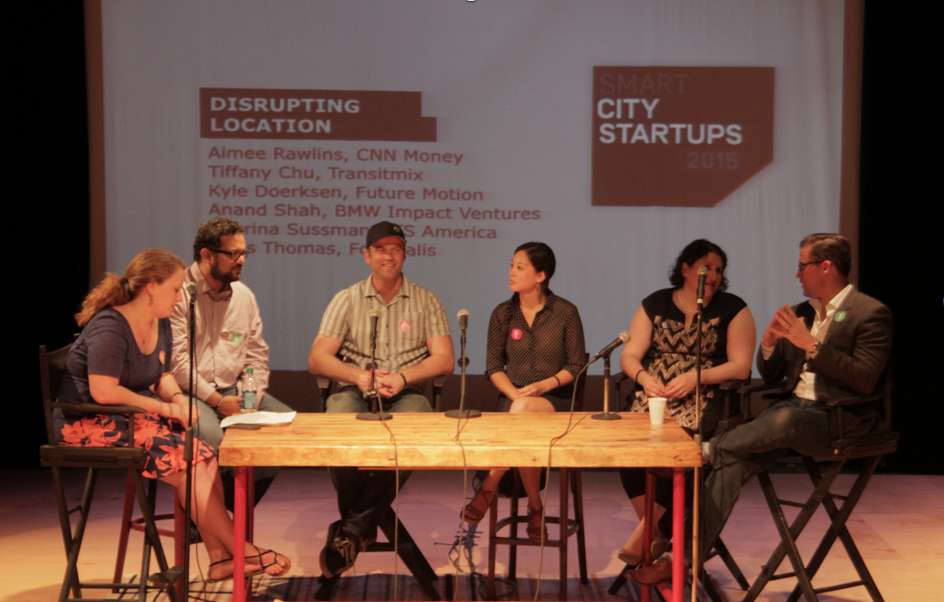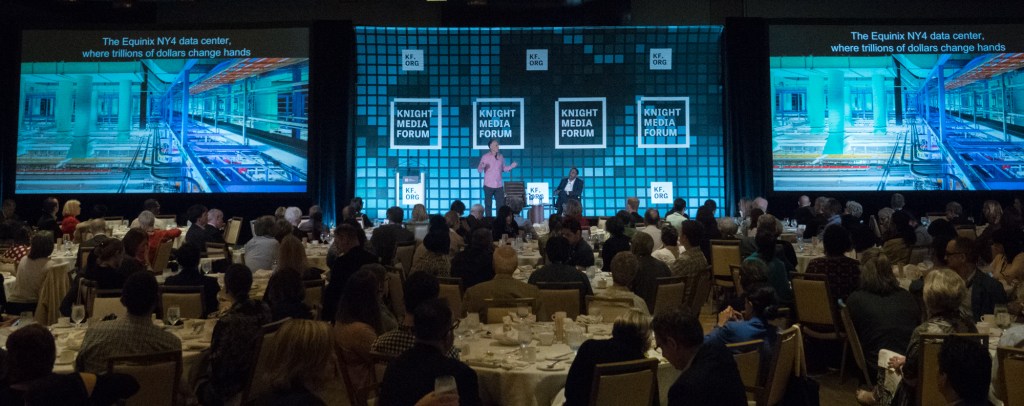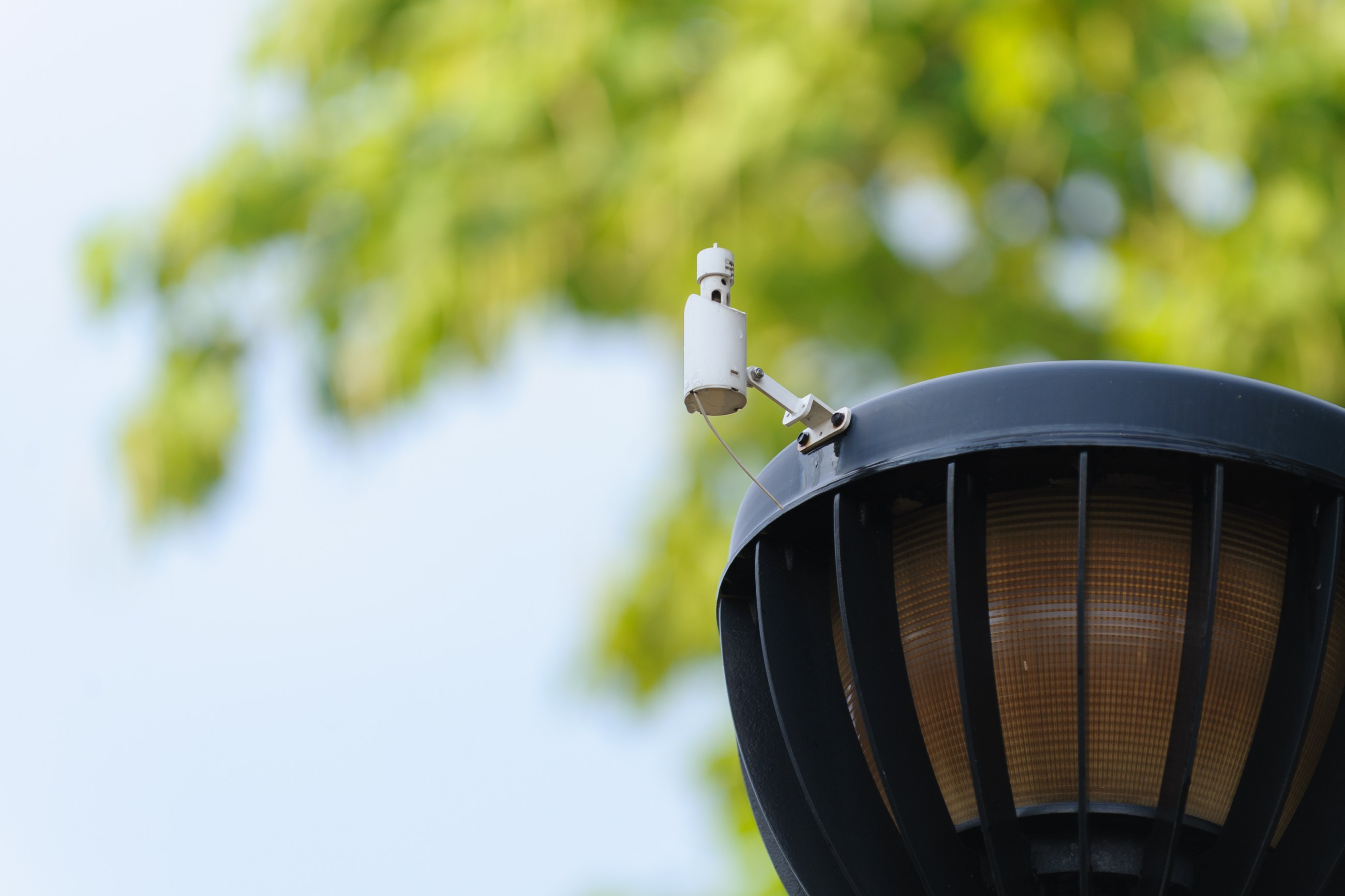
Concrete steps towards an urban Internet of Things
Susan Crawford is a professor at Harvard Law School.
Big data is driving business decisions, mobile devices keep us constantly connected, and social media is transforming the nature of politics. But when it comes to cities, no technology has captured the imagination of urban planners, city officials, and startups worldwide more than the Internet of Things (IoT). With low-power, low-cost devices, we can connect almost any object to the internet. We can use these devices to create a vast web of sensors—from wearables to Wi-Fi kiosks to futuristic trash cans—to collect and share data.
With IoT, cities can integrate, analyze, and visualize diverse information. Cities can discover new insights; imagine examining patterns of transit demand in relation to air quality or citywide energy use, or understanding the walkability of a city in relation to pedestrian congestion and storefront width. IoT can also reduce costs by enabling simple efficiencies: Trash can be collected only when receptacles are full and public parks can be watered only when the ground is dry. But these new capabilities bring new challenges for city officials. Who will pay for the infrastructure? Who will own the data? And how can the public ensure that citizens’ privacy and security are protected?
Cities are responsible for protecting the public good. IoT presents an immense opportunity, but cities will have a critical role in directing the development of this field to maximize benefits for the public and protect the public from predatory abuses. By defining and prioritizing the public value of IoT, cities can guide the development of infrastructure, data, and analytics at the city level in accordance with the public good.
In November 2016, the Knight Foundation and the Berkman Klein Center for Internet & Society’s Responsive Communities initiative, under the auspices of the NetGain Partnership, brought together city officials from around the world who are working on the frontlines of urban IoT. Together with representatives of nonprofit, philanthropic, and research institutions, these officials offered candid assessments of their accomplishments and the challenges that still lie ahead.
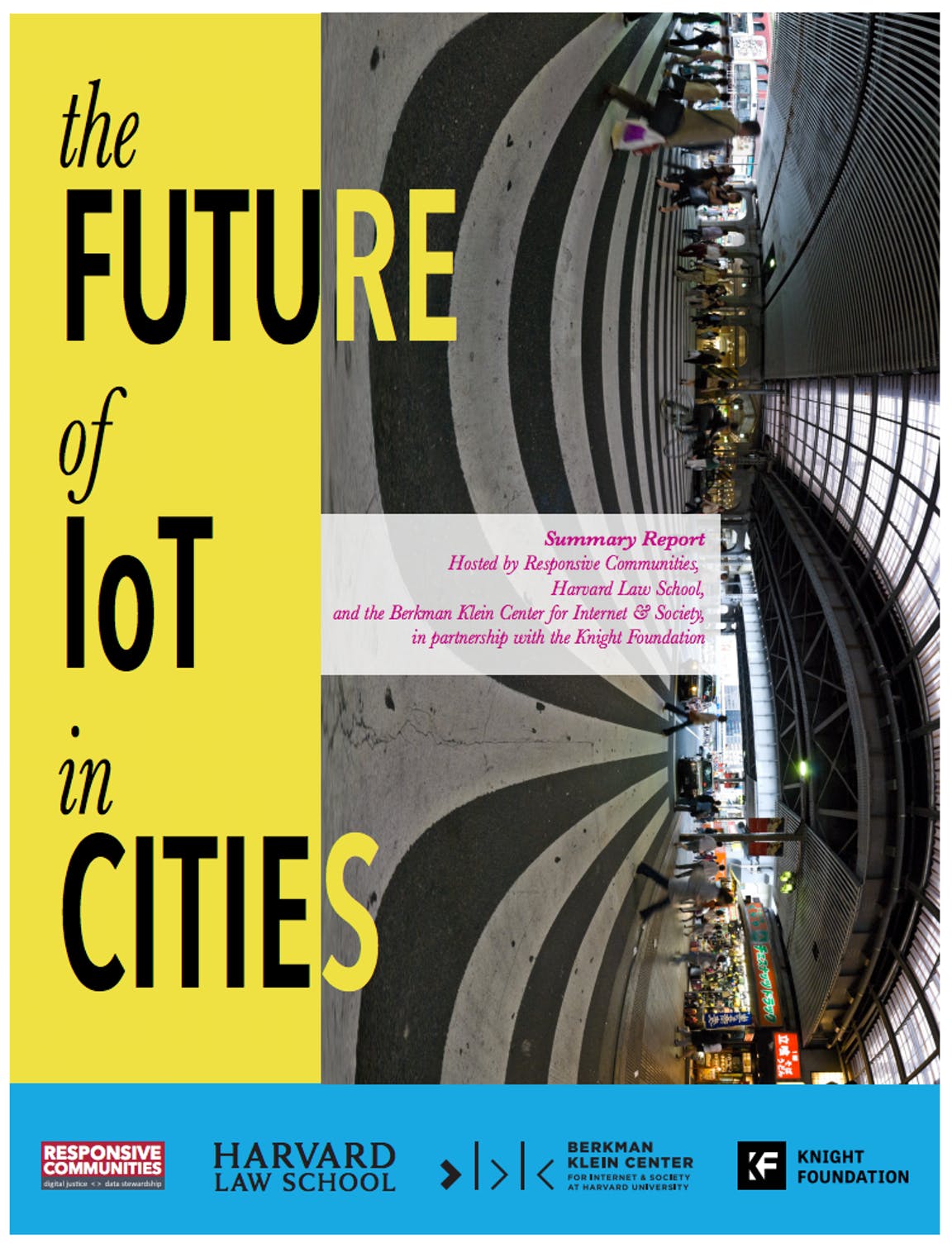
Today, we are releasing the report of this discussion, available here. Our hope is that this report will be useful to the foundations working together as part of the NetGain Partnership (Ford Foundation, John D. and Catherine T. MacArthur Foundation, Knight Foundation, Open Society Foundations, and Mozilla Foundation) as well as to cities around the world.
The report makes clear that cities today are actively negotiating challenges, including some that are common across technologies and others that are unique to IoT. From vendor management to monetization, cities face important questions about the public good, the financial future of technology investments, and the as-yet-unknown value—and risks—of a citywide, integrated data environment.
Here are the recommendations that emerged from this wide-ranging discussion:
1. Continuing the conversation: Participants expressed a desire to continue and expand the conversation. Cities are one another’s best resource, and continued engagement opens up space for mutual learning and collaboration. Existing networks of CIOs and other city technology officials charged with making difficult values-based decisions about the future of IoT should be supported with more philanthropic resources, supporting skilled technical/financial/policy advice to these networks. Moving forward, others, including state and federal officials and citizen groups, could be brought in to enrich the conversation.
2. Additional projects: Participants highlighted several additional priorities for support.
- From testbeds to scale-ups: Cities have found it relatively easy to obtain funding for pilot projects, but the real benefits of this technology accrue only at scale. All cities could learn important lessons from just a few that successfully scaled IoT operations. At this stage in the development of these technologies, concentrated funding in a few jurisdictions could yield dramatic, and widespread, returns.
- Measuring economic outcomes: To make the case for IoT, cities have expressed a need for documented savings or economic returns stemming from technology investment. Evidence from past projects within the city or similar projects in other localities is essential to justifying investments in projects that are often novel to budget officials. Researchers and foundations can develop case studies that demonstrate the financial benefits of IoT.
- Reducing federal grant restrictions: Federal funding is critical to cities, but restrictions on both the use of funds and the use of the final products often narrow cities’ ability to deploy this funding effectively. For instance, many US Department of Transportation grants can be used to fund only traditional transportation infrastructure, rather than sensors that will enhance that traditional infrastructure’s functionality. Other grants will allow technology to be built, but exclusively for a specific purpose, such that cities lose the opportunity to leverage these resources for complementary purposes. Advocates can help cities progress by campaigning to reduce unnecessary restrictions on the use of federal funds.
3. Model documents: Participants expressed a desire to access policy, contract, and business models.
- Business models: What are the business models available for IoT? What are their respective strengths and weaknesses? Cities expressed an interest in having access to a typology of IoT business models to inform their decision-making.
- Model contracts: Ensuring long-term city control over data and privacy is a central concern, particularly in projects involving vendors. Model contracts could facilitate more effective negotiations and help ensure that cities are protecting citizens’ interests.
- Model policies: Privacy is a critical concern for all cities. But the issue is both technically and conceptually complex. Not all cities have the resources to develop effective citywide policies and most cities continue to struggle with the degree of specificity or flexibility to build into these policies. Model policy documents would help cities clarify their commitments and enforce consistent protections in contracting with vendors.
- Asset valuation: Cities have important physical and data assets, whose monetization has the potential to fund further technology investments and much-needed maintenance. But cities often do not know the value of their own assets. Guidelines that help cities value their assets will help cities maximize the returns on leasing or data-sharing agreements.
4. Evidence: Cities expressed an interest in forms of evidence that would help them make the case—to leadership and to citizens—for investing in IoT.
- Citywide outcomes grounded in data: The simplest type of evidence is outcomes from other localities. Researchers and foundations can support cities by developing detailed case studies with clear data on policy outcomes across social, environmental, and other indicators.
- Lessons learned and best practices: Cities can learn from each other. Those on the cutting edge can support less sophisticated cities by documenting outcomes and lessons learned from early IoT implementation. Researchers and foundations can further amplify the benefits of these insights by evaluating multiple cases and documenting best practices.
- Quick wins locally: Sometimes evidence from another locality is not sufficient and officials need to demonstrate the value of IoT locally. If some IoT projects are lightweight, low-cost, and yield straightforward and easily measurable benefits, these should be documented as “model projects” and made available to officials who are struggling to make the case.
- Audits: As we move into an era of machine learning and artificial intelligence, some public advocates are concerned about the capacity for these systems to reproduce or entrench existing inequality. Experts can support cities in their pursuit of social equity by conducting and documenting audits of these automated systems and their outcomes for diverse populations.
5. Educational tools: Cities are responsible for managing input from diverse groups—including vendors, employees, and the public—in the development of IoT projects. Education is essential to ensure that vendors understand city values, needs, and limitations; that employees will embrace and effectively manage new tools; and that the public is aware of and supports technological innovation.
Researchers, foundations, and advocates can support cities by developing educational materials and workshops on subjects for public digital literacy, city employee professional development, and vendor training. Education initiatives can increase coordination among government workers and their vendor partners and enhance the impact of IoT initiatives by educating citizens in the use of these new tools. Finally, public education programs can mitigate the inequalities that technology might otherwise create or reinforce.
6. Repository: There is a large and growing body of writing about IoT—some very useful and some simply speculative. As researchers, advocates, and foundations develop these case studies, model documents, reports, and educational tools, cities would benefit from a centralized repository. Once established, officials could be confident that information from this source is reliable and vetted by experts.
The November 2016 conversation documented in the report we are releasing today highlighted critical innovations and lessons learned. It also revealed immediate and long-term challenges inherent in an increasingly connected world. Participants focused on concrete steps aimed at moving towards a sustainable, inclusive, and innovative urban future. We hope these recommendations will be helpful to funders and actors in the IoT ecosystem.
Follow Susan Crawford on twitter @scrawford. The NetGain partnership will host an Internet of Things conference on Friday, April 21, 2017 at New York Public Library. Watch via live stream at knightfoundation.org/live. Crawford will moderate a panel during the conference on “The Internet of Things and Cities” from 2 p.m. to 3 p.m. ET.
-
Community Impact / Article
-
Technology / Article
-
Technology / Article
-
Community Impact / Article
-
Community Impact / Article
-
Technology / Article
-
Community Impact / Press Release
-
Journalism / Article
-
Community Impact / Article
Recent Content
-
Artsarticle ·
-
Artsarticle ·
-
Community Impactarticle ·




